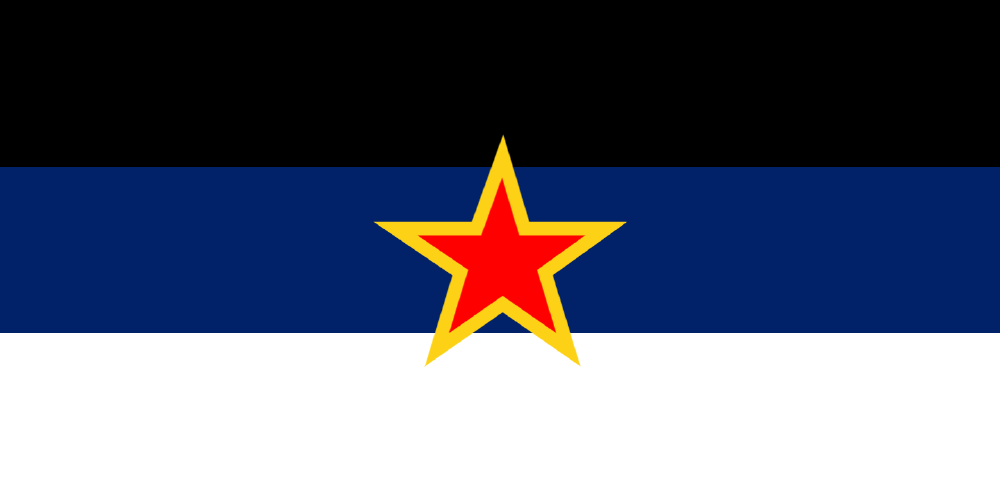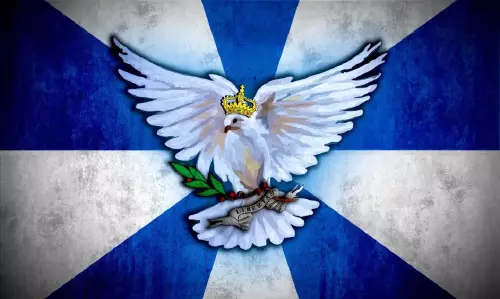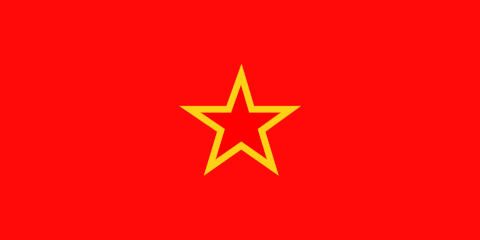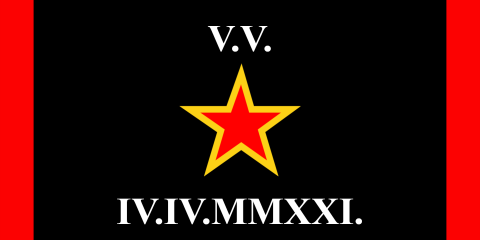This nation is in Vacation Mode for the next 239 turns. This nation cannot be attacked or traded with during that time.
| National Factbook |
| Flag: |

|
| Nation Name: |
Gotha |
| Leader Name: |
Tiberius Lucius |
| Currency: |

Krona |
| National Animal: |

Bear |
| History: |
The Imperial Privy Council, which was effectively the central government, fell into intense factionalism as enemy armies advanced through the country. In a desperate attempt to get a hold on the situation the Lord Chancellor initiated a reprobi, which allows the Imperial Privy Council to dissolve itself and be reappointed directly by the Emperor. However, this inadvertently united the various government factions against the Lord Chancellor. The Emperor, upon giving his consent to the reprobi, also became a target. Members of the Imperial Privy Council did not want to give up their positions of power and saw the reprobi as a power grab by the executive leadership. Additionally, the conflict over the reprobi quickly also became a way for members of government to express dissatisfaction with the leaderships failures in regards to the ongoing war. The Emperor and the Lord Chancellor quickly lost the support of the rest of the Imperial Pricy Council. The Imperial Privy Council refused to be dismissed and claimed to be the legitimate government. In turn, the Lord Chancellor and the Emperor attempted to form a new Imperial Privy Council in accordance with the reprobi.
The crucial element would be the military's support. The military was torn between its historic ties to the Emperor and the massive causalities it faced under his mostly inept leadership. The military decided to intervene after the events of the Secessio Plebis which was a relatively short lived but incredibly violent revolt of working class citizens over the quickly deteriorating conditions in the country. Leaders in the military also felt that the new council would simply be a puppet of the Lord Chancellor and Emperor, which potentially could mean the continuation of failed policies for the war effort. Additionally, the military felt that it could exploit the factional nature of the old Imperial Privy Council to seize control over the government and implement radical policies to save the war effort and deal with domestic unrest.
The military placed its support behind the old Imperial Privy Council and ousted the Emperor. Together, the Imperial Privy Council and the military formed an emergency government. In exchange for its support, the military was given direct representation and influence within the Council. As the war continued, disagreements began between the military and the rest of the members of the emergency government. Many felt that the military was uncompromising with its political goals, too radical in its pursuit of military objectives, and too heavy handed in its response to domestic issues. Over time, the military began to violently purge the emergency government through assassinations and rigged military tribunals. Opponents in the emergency government lacked the arms and, in general, the resources to resist the military. In a relatively short amount of time, a military dictatorship was effectively established. The military’s regime was brutal and completely devoted to the war effort. The tattered and defeated remnants of the Imperial Privy Council within the emergency government gave a thin veil of legitimacy to the new dictatorship. The military claimed that its actions were necessary to maintain its war effort and save the nation.
In the end, Gotha neither won nor lost the war it had been fighting. The military was able to launch an effective, albeit costly, defense of the country and eventually force the enemy to withdraw. However, the causalities and damage were so high that it could hardly be considered a victory. Much of Gotha was leveled while the enemy homeland remained mostly untouched.
Many things were ultimately the same between the new government and the last. It was brutal, militaristic, had large conscriptions of the population for industry and the military, and an all-around heavy-handed approach to the business of government. But now, without the somewhat moderating force of the various government factions, the state was capable of even higher levels of brutality and exploitation than it was previously. It faced little to no internal resistance to its agenda. The military, which established the regime, became inseparable from the politics of the state. They united themselves with the government and broader society under the guise of the Socialist Unity Association. The association had roots with a radical group within the emergency government who had supported the actions of the workers during the Secessio Plebis. However, the regime, in reality, was a sham. The founders of the Socialist Unity Association had either been murdered or broken into supporting the military regime. The Socialist Unity Association was chosen as it was thought that it would appeal to the still dissatisfied working population and because it was thought it may help show a united front. The government had no genuine desire to establish a healthy socialist economy or help the workers of Gotha. In essence, they continued the brutal policies of the Empire in a more direct, efficient, and repressive form.
|
| Geography |
| Continent: |
South America |
| Land Area: |
110,271.98 sq. km |
| Terrain: |
Gotha was originally an uninhabited environment, much like Iceland before Norse settlement. The terrain is rough, the weather is cold, much of the land is rocky or mountainous, and the island is fairly isolated from the rest of the world. Even upon its’ discovery, the island did receive large amounts of settlers due to the difficulties of the terrain and the lack of opportunity that resulted from the environment. The center of the island is mountainous and sparsely populated. This area of the island has the worst land for agriculture and is the most difficult to traverse. Some portions of the mountains ark off, ending near the shore or continuing deep into the ocean. The major settlements are located in valleys along the coast between the mountain arks. The valleys are the flattest area of the island and the land, although poor, is capable of basic agriculture. For much of the island's history, the small settlements which existed were often isolated from each other. Pressed against the ocean on one side, desolate and hostile wilderness to another, and mountain ranges to each side.
|
| Highest Peak: |
Bitrog,
46,480 meters
|
| Lowest Valley: |
Angelus Novus,
1,860 meters
|
| Climate: |
|
| People & Society |
| Population: |
2,363,709 people |
| Demonym: |
Gothan |
| Demonym Plural: |
Gothae |
| Ethnic Groups: |
Neustrian - 67.0%
Vandal - 21.0%
Dulor - 11.0% |
| Languages: |
Neustrian Vulgar - 94.0%
Puhekieli - 11.0%
Latin - 5.0% |
| Religions: |
Atheist - 99.0%
Sol Invictus - 1.0% |
| Health |
| Life Expectancy: |
65 years |
| Obesity: |
1% |
| Alcohol Users: |
25% |
| Tobacco Users: |
4% |
| Cannabis Users: |
0% |
| Hard Drug Users: |
0% |
| Economy |
| Description: |
Multiple members of the Standing Politburo have responsibilities regarding the economy. The Secretary of Civilian Industry, Secretary of Military Industry, Secretary of Private Interests, Secretary of the Economy, and Secretary of Social Services and Welfare are responsible for the management of their respective sectors of the economy. The Secretary of the Economy holds a general role being responsible for coordination between the other economic advisors as well as a responsibility for anything that falls out of the other economic advisors purview. Much of the economy is state controlled and, after the declaration of the People's Republic, private property was made illegal. The government reserves extensive powers over all areas of the economy and over all forms of economic activity. These powers include seizure of any property, dictates, and conscription or redistribution of the labor force. |
| Average Yearly Income: |
$54.86 |
| Gross Domestic Product (GDP): |
$1,893,817,250.00 |
| GDP per Capita: |
$801.21 |
| Gross National Income (GNI): |
$407,019,165.00 |
| Industries: |
|
| Military |
| History: |
The People's Armed Forces of Gotha is commanded by the Unified High Command which is chaired by General Secretary Tiberius Lucius. General Maximilian commands the Gotha People's Army. General Alexander of Ehre commands the Gotha People's Air Force. Admiral Marcus commands the Gotha People's Navy. |
| Soldiers: |
0 |
| Tanks: |
0 |
| Aircraft: |
0 |
| Ships: |
0 |
| Missiles: |
0 |
| Nuclear Weapons: |
0 |
| Last Updated: 10/21/2024 02:08 am |

















